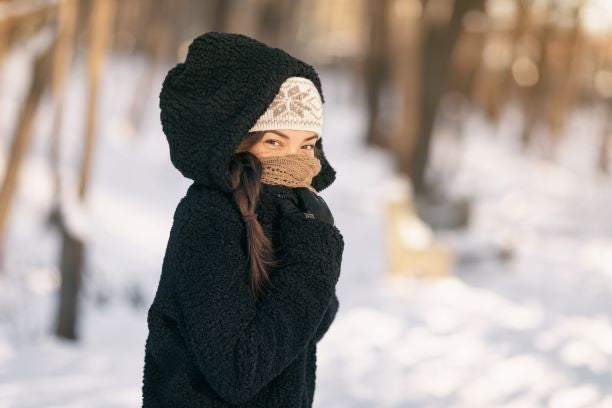
Let your skin use its natural oil to heal this winter
Share
According to a local dermatologist, how quickly your skin loses water is a race you want to lose.
Dryness is the biggest thing skin deals with during the winter, said Epiphany Dermatology (formerly Zogg Dermatology) dermatologist Brian Zogg. To fight that, a good weapon is not just lotion, but the right lotion, he said.
“It’s actually a negative feedback that you’ll get when you use an oil on the skin because your skin sees that there’s plenty of oil there … and so it will make less of it,” Zogg said.
Therefore, Zogg recommends a light coat of shielding lotions — like Skin MD Natural or Gloves in a Bottle — which allow the skin to minimize water loss and retain the body’s natural oil.
“Your skin will get to a whole higher level of being healthy,” Zogg said. “It’s a true time when homeopathy works — true homeopathy. … Your healthiest skin will be healed with its own natural oils.”
Zogg said he noticed his patients could heal better with fewer medications if their skin was using its natural oils to heal itself rather than added oils.
A physical shield also helps the skin retain moisture against “desert”-like air. Zogg recommended wearing gloves outside.
“In and out from home to someplace and back, it’s just very hard and drying on the skin,” Zogg said.
As lip balms are wax-based, Zogg said shielding lotions can be used on the lips as well.
While the hands and lips do see a lot of the winter dryness, Zogg said feet and legs often dry out as well. Fragrances and deodorizing soaps can be harsh on the skin, as can standard soap and water. After you wash your hands, carefully towel them dry, and don’t forget your nail folds — to help prevent hangnails — under rings and in finger webs. Subbing in hand sanitizer for water and soap is another option to combat dryness as well, he said.
When showering and washing skin, what sounds good — a long, hot soak — may not be in the best interest of your skin. Zogg recommended using the most tepid water you can stand. Hot water steams the oil out of your skin, he said.
What severe dry skin looks like can vary from person to person. See a dermatologist when your skin bothers you to the point you can’t remedy it yourself, Zogg said.
“It’s amazing how many times you don’t need (prescription help) at all or really don’t need them nearly as much if they just really optimize what they can find over the counter,” Zogg said.
To care for your skin in the winter, also consider:
Winter is the time Zogg said he sees more head lice and scabies as people share combs and clothing — hats, scarves — and may sleep near each other for warmth. As people spend more time inside, they may also increase their skin-to-skin contact in the winter, which is how scabies spreads, Zogg said.
When you warm up in front of the fireplace, keep a barrier between you and the direct heat source, Zogg said. Too much exposure can cause erythema, or redness of the skin. Cut exposure with clothing and by evening out your heat exposure by rotating through body parts.
Layer up and pay attention to the windchill. Zogg said he always sees some cases of frostbite in the winter.
